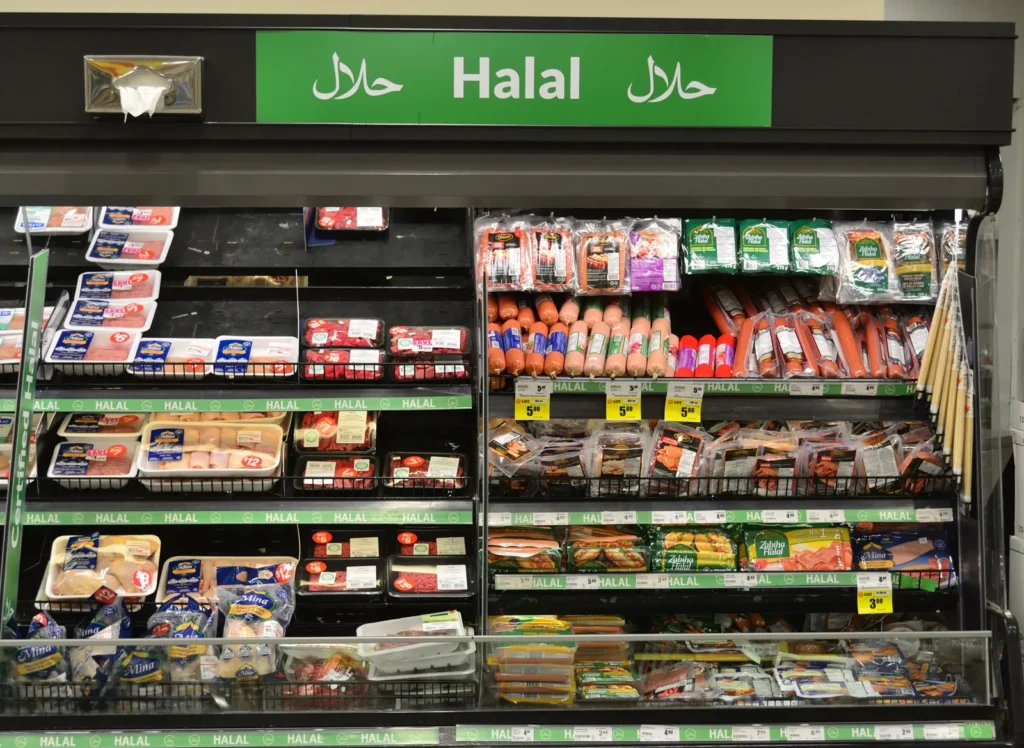Indonesia to enforce halal labeling law, inspect grocery stores

Indonesian authorities will start inspecting grocery store shelves from Friday to ensure compliance with the country’s halal labeling law.
The law, adopted in 2014, requires food products and restaurants to have halal certification, indicating they meet Islamic law standards.
Most businesses in the country have complied, but some importers and restaurants are struggling with various challenges.
Also Read: Spain, Ireland urge EU to end free trade agreement with Israel
Lydia Ruddy, managing director of the American Chamber of Commerce, said complex supply chains and lack of clear guidelines are hindering compliance, potentially leading to trade disruptions and higher costs.
The law prohibits consumption of pork and intoxicants and requires meat to be slaughtered according to prescribed methods. Products or restaurants without halal certification must declare non-compliance, which could impact sales.
The Indonesian Food and Beverage Industries Association reported that most of its 400 members have complied. However, restaurants and hotels face difficulties due to the time needed to check menu offerings.
The halal certifying body BPJPH has requested a two-year waiver for some raw materials and small businesses, but Indonesia’s President-designate Prabowo Subianto has yet to sign off.
Authorities will issue formal warnings to non-compliant producers and remove unabeled products from stores. Domestic trade official Moga Simatupang urged importers to register for halal labels immediately.
Halal food refers to foods and beverages that are prepared according to the Islamic dietary law’s rigorous guidelines. Alcohol, blood, pork, pig by-products, animals that are dead before slaughtering, and animals that are not slain in the name of Allah are all deemed haram, or unfit for food.
With an estimated valuation of 6.3 trillion dollars, the halal market is one of the global markets with the greatest rate of growth. The opportunity is recognised not only by Muslim-majority countries but also by non-Muslim nations.







